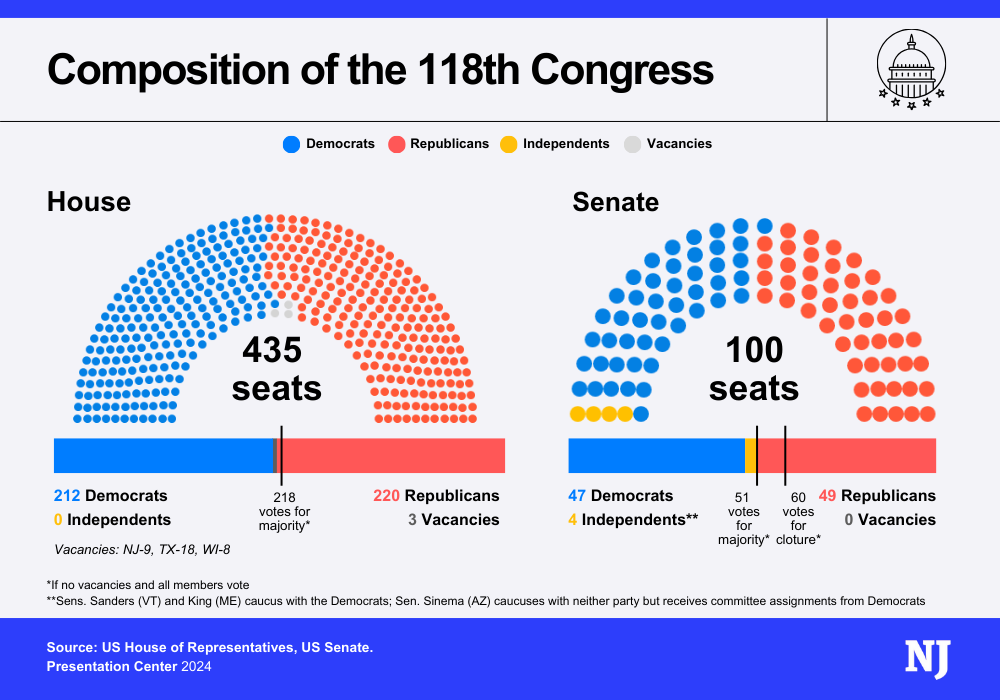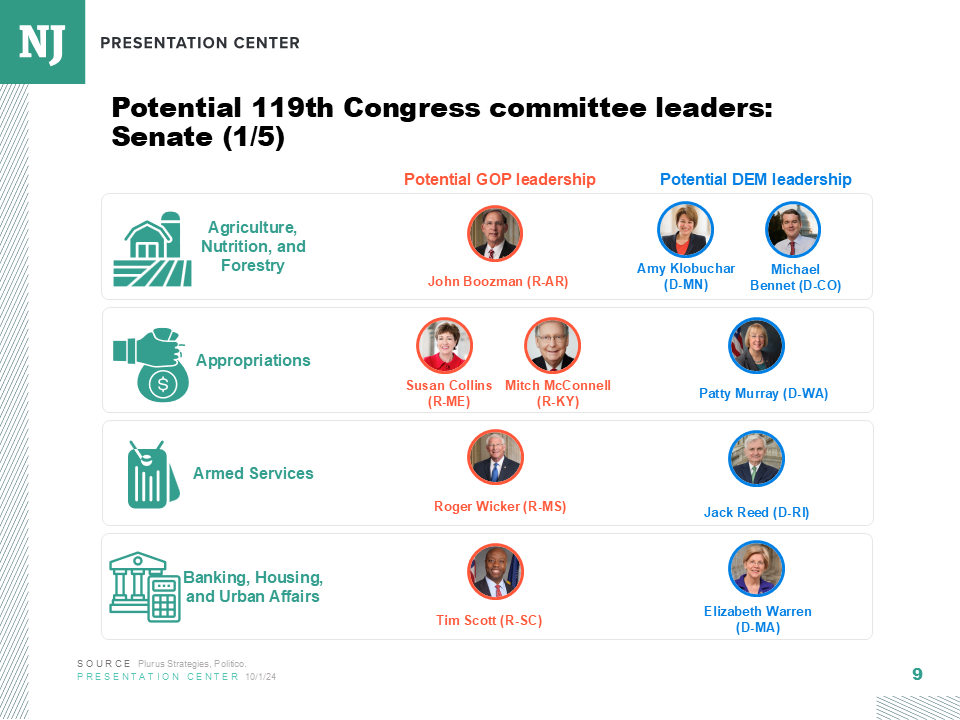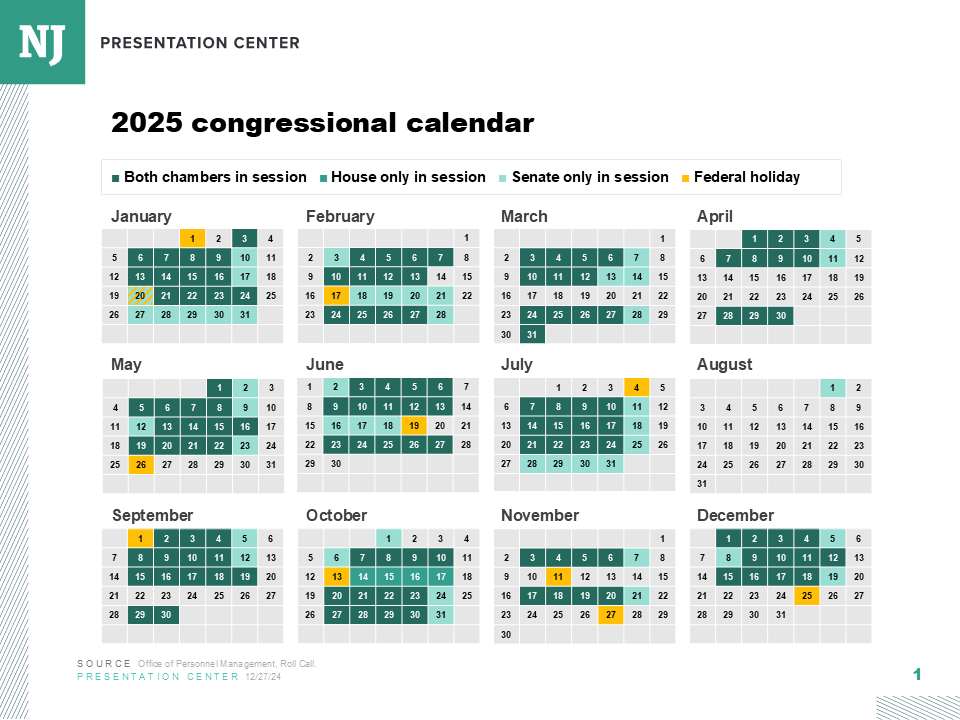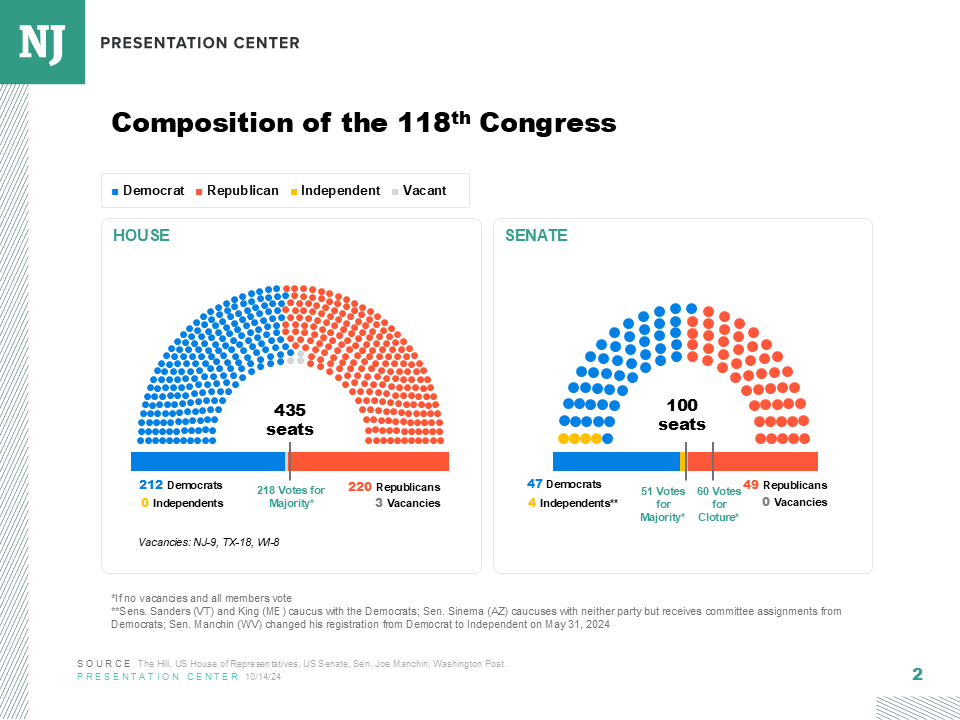Rep. Seth Magaziner is one of the lead sponsors of legislation that would bar lawmakers from trading individual stocks. It’s a long-burning issue in Congress, but past measures have fallen short of passage. The Rhode Island Democrat and his bipartisan group of cosponsors feel this time is different. They’re united on a single bill, and are threatening to force a vote using a so-called discharge petition if it’s not put on the floor under regular order. Magaziner spoke to Casey Wooten about how the Restore Trust in Congress Act came about, what it would do, and why he believes it has a chance of passing. The interview has been edited for length and clarity.
We’ve seen many efforts to try to get a stock-trading ban over the finish line before. What makes this bill different?
In the past, there have been multiple competing versions of a stock-trading ban, and it’s been a challenge to get the leadership to support this reform. One of the excuses historically has been, “Well, there are so many different bills and none of them are ready for prime time.”
So this is a big deal because it’s the first time that all of the members who had competing bills have come together on one bill, one strategy, one approach. And not only that, it’s a better and stronger bill than anything that had been introduced previously.
What does the bill do specifically?
It would forbid members of Congress and their spouses from not only trading, but owning any individual stocks—and we felt that was important, because the purpose of this is not just to stop insider trading in Congress, though that is essential, but also to reduce conflicts of interest. It has tough penalties for violations, and it deals with some of the thorny tax issues and issues related to things like spouses, compensation from employers, and things like that that previous bills didn’t deal with in a comprehensive way.
On taxes, the bill would allow members to defer capital-gains taxes on stocks that they have to sell. Why was it important to put that provision in there?
So once we made the decision to go in the direction of an actual ban on individual stock ownership, then the question presented itself: OK, if you do that, then not only existing members of Congress, but anyone who’s elected to Congress could be hit with a huge tax bill from being required to sell their individual stocks.
And so it came up in our conversations that there is a system for executive-branch employees in similar situations to reduce conflicts of interest where, if you’re an executive-branch employee and you own individual stocks that could present a conflict of interest to your job and you are required to sell those stocks, you can reinvest the proceeds into mutual funds or exchange-traded funds. And the capital-gains tax is not canceled, but it is deferred until you eventually sell.

Conservative Chip Roy of Texas has signed onto this bill, as has progressive Alexandria Ocasio-Cortez. It’s such an eclectic group of lawmakers. How did this come about?
So when I first came to Congress two and a half years ago, I knew that I wanted this to be a top issue for me, and I went to Abigail Spanberger, who, along with Chip Roy, was the sponsor of the Trust in Congress Act. I signed on to Abigail’s bill and became friends with her. And when she announced that she was leaving to run for governor of Virginia, I went to her and I asked her if I could take over managing her bill.
She agreed. She introduced me to Chip, who I did not know up until that point. He and I met probably at the end of last year or the beginning of this year. And one of the things that we quickly agreed on was that one of the barriers to success has been that there are all of these different competing bills, and we really just need to get everybody in a room and hash out the differences and have one bill with one strategy and one kind of unified team in order to just have a chance. So coming out of that meeting, he and I went and approached the leads and co-leads of the other bills.
I approached the Democrats, [Pramila Jayapal] and Ocasio-Cortez, and he approached Brian Fitzpatrick and Tim Burchett, and the six of us started meeting in the spring. We met quietly. We didn’t announce that we were doing it, but we had a series of meetings from the spring into the summer—the six of us—to kind of see if we could hash out the policy differences between our bills.
So if this bill passes the House, it’s still got to move through the Senate. Have you been in talks with senators? And if it stalls there, could you at least change the House rules so it’s in effect in that chamber?
We have been in touch with the senators who are leading on this issue. Again, I’ve mostly been talking with the Democrats: Senator [Mark] Kelly, Senator [Jon] Ossoff. I think some of my Republican colleagues have been talking with Republicans in the Senate about it. So we’ve been coordinating.
I don’t know what the prospects in the Senate are. I'm hopeful that the bill will move through the Senate and the House, because the American people demand it, and it’s an extremely important, compelling issue.
But you’re asking the right question, which is if the bill doesn’t move through the Senate, could we do a House-only version with a change in the rules? And the answer, I think, is yes, that is possible. It would probably have to look a little different, but yes, in theory, that is a backup option that we could pursue.







